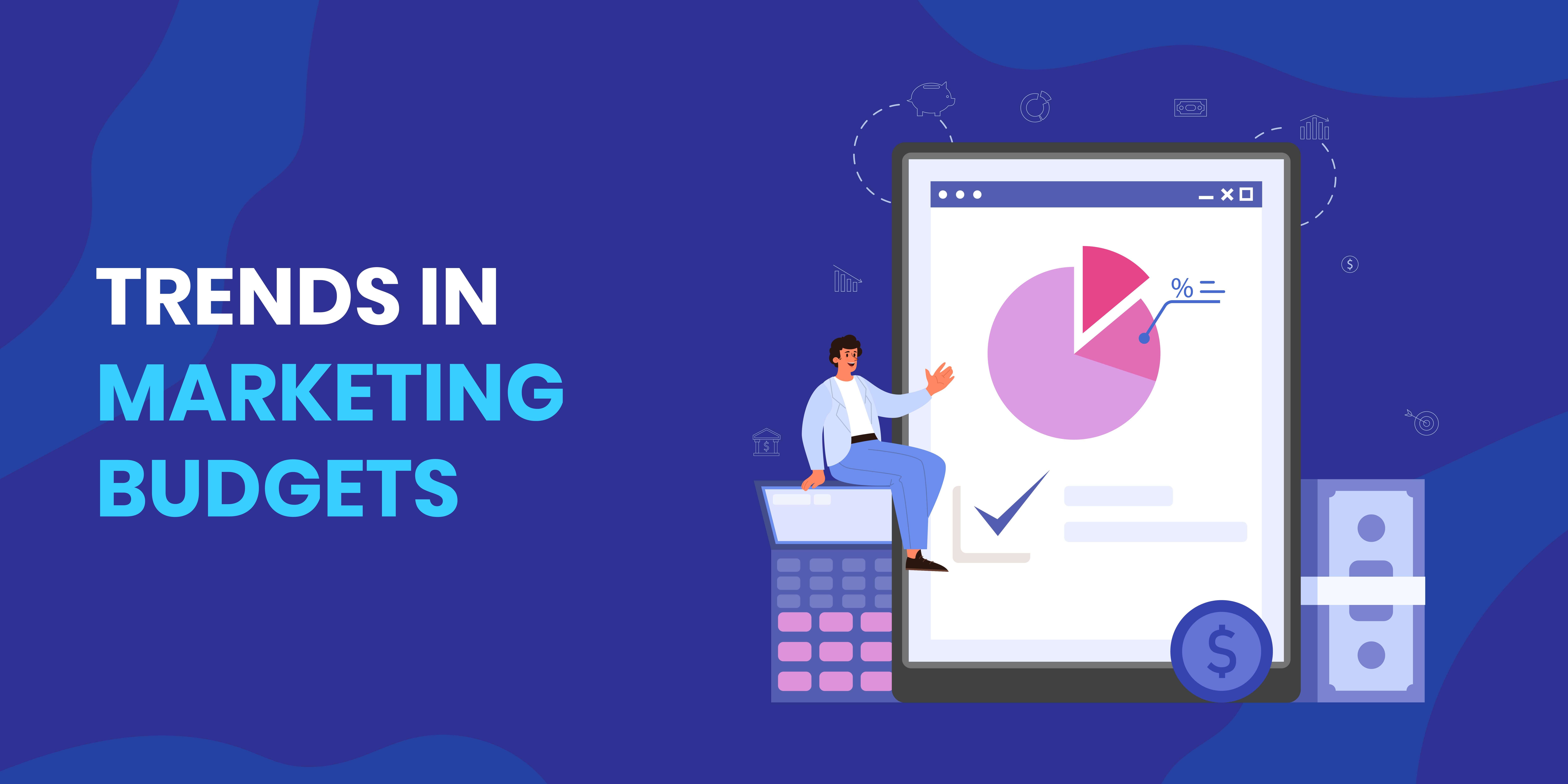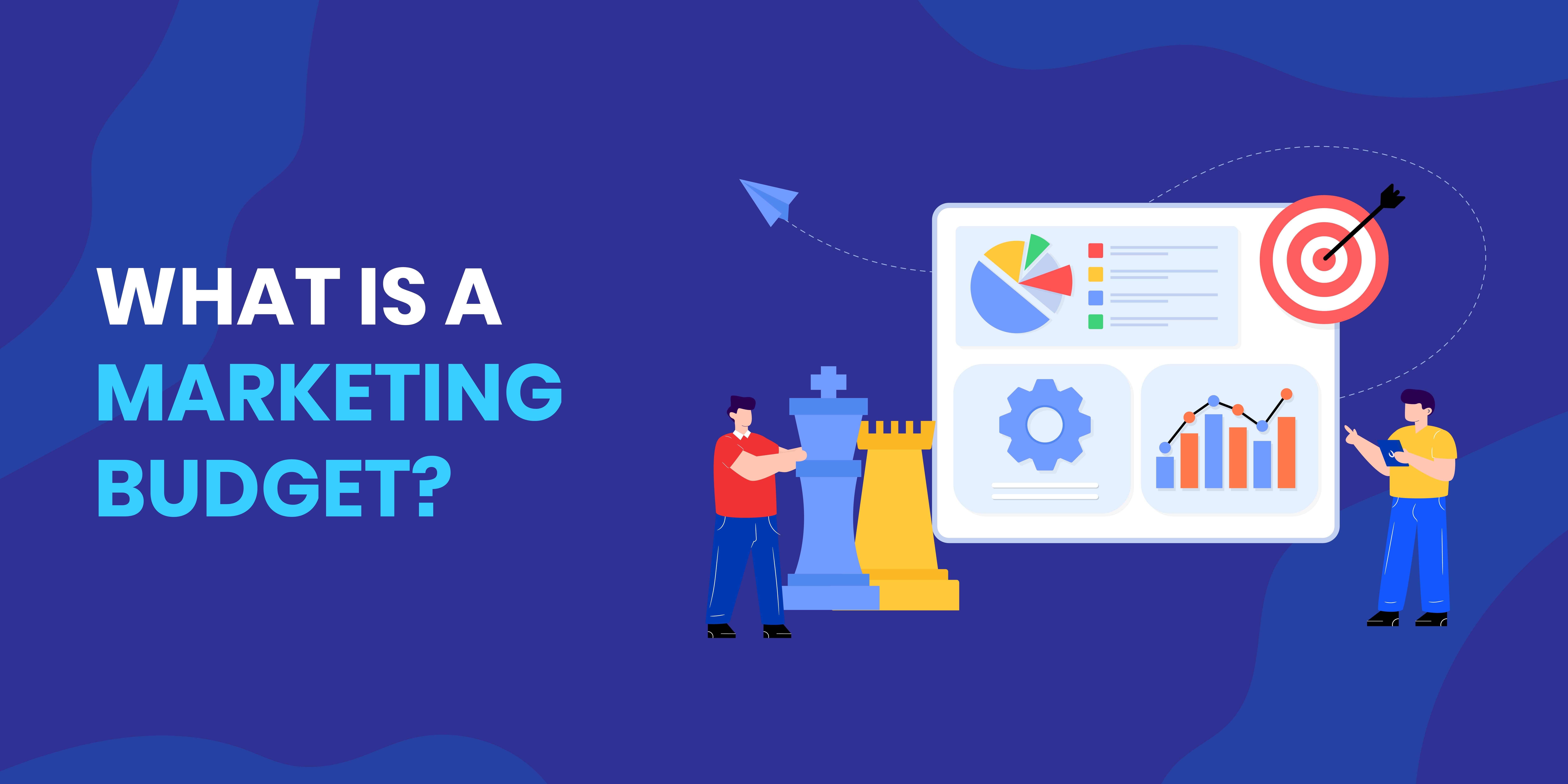You know you need to start some sort of marketing but have no clue where to start. I got you.
The price for marketing services is such a wide range, so it makes it a bit difficult to set a budget.
Not to worry! We'll go over what a marketing budget is and how to make the perfect one for your business.
Best for Growth Marketers
Best for Paid Ads & CMO's
Table of Contents
- Understanding the Marketing Budget
- Factors Affecting Marketing Budget
- Shifting Trends in Marketing Budgets
- Allocating Resources for Different Business Sizes
- Leveraging Video Content in Marketing Strategies
- Training Your Staff on Effective Marketing Campaign Execution
- Reviewing Your Marketing Budget Periodically
- How to Review Your Marketing Budget Effectively:
- Digital Ad Expenditures Growth: Challenges and Opportunities
- Frequently Asked Questions
We offer this website completely free to our visitors. To help pay the bills, we’ll often (but not always) set up affiliate relationships with the top providers after selecting our favorites. However, we do our best not to let this impact our choices. There are plenty of high-paying companies we’ve turned down because we didn’t like their product.
An added benefit of our relationships is that we always try to negotiate exclusive discounts for our visitors.
Understanding the Marketing Budget


A marketing budget covers a wide range of channels, both online and offline, such as television, radio, print media, social media, search engine marketing, and email marketing. It typically includes the following expenses:
- Advertising
- Promotions
- Public relations
- Market research
- Digital Marketing
- Content creation
- Events
- Marketing campaigns.
Typically, a company spends between 5% and 15% of its revenue on its digital marketing campaigns.
Factors Affecting Marketing Budget


Developing and managing a marketing budget ensures effective resource allocation, expense tracking, and measurement of return on investment (ROI) for marketing initiatives. By setting a marketing budget, organizations can strategically plan and execute their marketing activities to achieve their desired business goals.
Shifting Trends in Marketing Budgets


Digital-based avenues like email marketing, social media advertising, content creation, and inbound tactics all contribute to successful campaigns. The campaigns build customer relationships through personalized experiences for each target audience segment.
The February 2022 CMO Survey reveals that marketers are now focusing on improving customer relationship management systems and optimizing their marketing spend. This has become even more important because of the inflation affecting traditional advertising costs.
Allocating Resources for Different Business Sizes


Adapting Quickly for Small Businesses
Small businesses, in particular, need to be agile and adapt quickly to changing market conditions. They must be strategic with your marketing spend.
The key is to invest in high-quality automation systems or personalization upgrades when needed to remain competitive.
Dividing the Budget into Categories
To achieve desired results, divide your marketing budget into specific categories:
- Website development: Invest in a user-friendly web design, SEO optimization, and Google Analytics integration.
- Social media management: Allocate funds for organic social media content as well as paid advertising across various social channels.
- Email campaigns: Don't underestimate the power of targeted email marketing – invest in a reliable customer relationship management (CRM) system and compelling content creation.
- Online advertising: Set aside funds for Google Ads, Facebook ads, and other online ad platforms to reach your target audience effectively.
Remember: the goal is to maximize your marketing dollars by investing in strategies that drives growth and fosters customer relationships.
Small businesses should consider freelance digital marketing options to affordably outsource marketing operations.
Leveraging Video Content in Marketing Strategies


Benefits of Using Video Content
Videos are versatile and can be used across various platforms, such as social media channels, email marketing campaigns, and websites. A well-crafted video helps you convey your brand message quickly and efficiently while building trust with your audience.
Bonus: Videos also boost SEO efforts by increasing dwell time on your site.
How Video Content Engages Customers
- Showcase Your Products: A product demo or tutorial is an excellent way to visually highlight features and benefits.
- Tell a Story: Use storytelling techniques to connect emotionally with viewers. This could include customer testimonials or behind-the-scenes footage.
- Educate Your Audience: Share valuable information through explainer videos or webinars that help solve problems for potential customers.
- Inspire Action: Create compelling calls-to-action (CTAs) within your videos that encourage users to take the next step in their buyer journey.
To get started with video content, you don't need a massive budget or fancy equipment. Smartphones and affordable editing software like Adobe Premiere Rush can help you create high-quality videos on a shoestring budget.
Want to outsource the video editing? Check out one of these freelance sites for video editors.
Pro Tip: Optimize your video content for search engines by using relevant keywords in titles, descriptions, and tags.
Training Your Staff on Effective Marketing Campaign Execution


Why?
Because well-trained staff can create and execute powerful campaigns across various channels like social media platforms or email newsletters.
Key Areas Where Training is Required
- Email marketing: Learn how to craft engaging emails that drive results with tools like Mailchimp's Email Design Guide.
- Social media management: Understand how to use different social channels effectively by following resources such as Hootsuite's Social Media Strategy Guide.
- Inbound marketing: Grasp the essentials of attracting customers through content creation and optimization using resources like HubSpot's free Inbound Certification Course.
- Analyzing campaign performance: Master Google Analytics, one of the essential tools for tracking online success. Check out their official training at the Google Analytics Academy.
Reviewing Your Marketing Budget Periodically


The Importance of Regular Budget Reviews
Check-ins ensure that your marketing investments are being used efficiently and keeping up with changing market conditions. Staying on top of things equals better ROI from your marketing campaigns.
Adjusting to Inflation and Other Market Factors
Inflation is a significant factor impacting marketing budgets today – just ask any participant from the February 2022 CMO Survey. Besides inflationary pressures, martech investments rank high among digital priorities for 59% of surveyed companies.
How to Review Your Marketing Budget Effectively:
- Analyze performance metrics such as conversion rates and customer acquisition costs across different channels, including email marketing, social media marketing, and online advertising.
- Evaluate the success of various content types, such as blog posts and videos, within your inbound marketing strategies.
- Determine if your current marketing spend aligns with your target audience's preferences and behaviors.
- Assess the effectiveness of customer relationship management (CRM) tools in nurturing leads through the sales funnel.
Pro tip: Use Google Analytics to track performance metrics and make data-driven decisions.
To sum up, regularly review your marketing budget to stay agile, adapt to market changes, and optimize resource allocation.
Digital Ad Expenditures Growth: Challenges and Opportunities


Challenges Faced by B2B Organizations
B2B organizations tend to lag behind when transitioning toward more digitally-focused models. Oftentimes, their consumer-facing counterparts embrace change faster. This is due to several factors, including complex sales funnels, longer decision-making processes, and the need for highly specialized content tailored to their target audience.
Embracing Digital Marketing Strategies for Success
To stay competitive in today's fast-paced digital landscape, B2B companies must adapt quickly and invest wisely in their marketing efforts. A few strategies to consider include:
- Email Marketing: Leverage personalized email campaigns to nurture leads through your sales funnel effectively.
- Social Media Advertising: Utilize platforms like LinkedIn or Twitter Ads targeting professionals within your industry niche.
- Inbound Marketing: Create valuable content that attracts potential customers organically while showcasing your expertise.
- Paid Search Campaigns (Google Ads): Reach out directly to prospects searching online for solutions you offer.
Find harmony between conventional and digital marketing approaches while being responsive to alterations in the market.
Best for Growth Marketers
Best for Paid Ads & CMO's
Frequently Asked Questions
Why is a budget important for marketing?
A well-planned marketing budget ensures that effective resource allocation, which helps businesses achieve their objectives and maximize return on investment.
What is the budget for marketing?
The marketing budget refers to the financial allocation dedicated to various promotional activities, including advertising, public relations, content creation, social media management, and more. The percentage of revenue a company should allocate to marketing varies depending on several factors but is typically between 5% to 15% of a company's total revenue.
Why is marketing budget important in customer mindset?
An adequate marketing budget allows businesses to effectively reach their target audience through relevant platforms while maintaining a consistent brand image.
What will marketing budgets look like in 2024?
In 2024, it's expected that digital ad spend will continue its growth trajectory as reliance on online platforms also continues to grow.





















